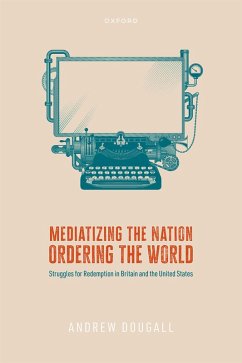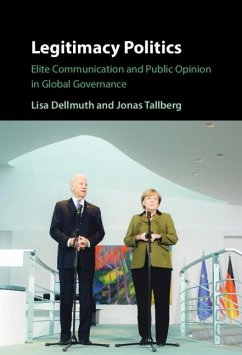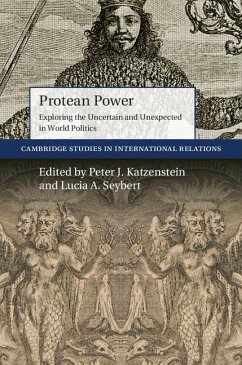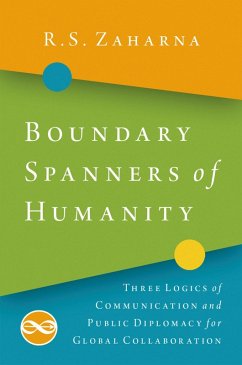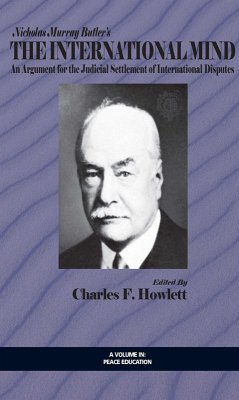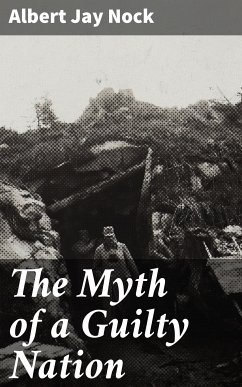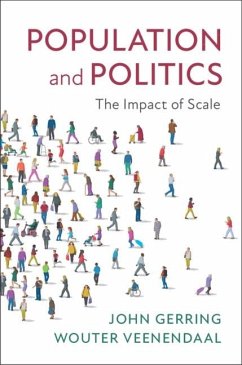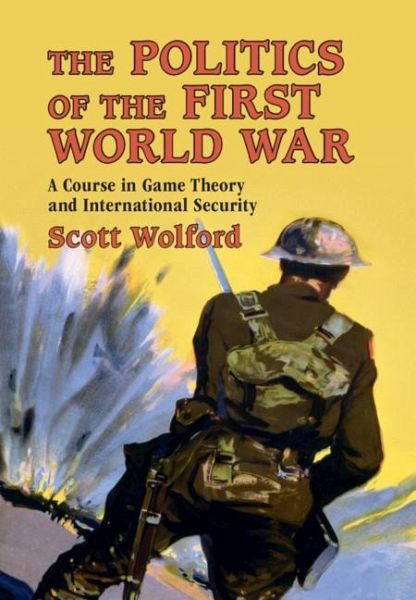
Politics of the First World War (eBook, ePUB)
A Course in Game Theory and International Security
Versandkostenfrei!
Sofort per Download lieferbar
25,95 €
inkl. MwSt.
Weitere Ausgaben:

PAYBACK Punkte
13 °P sammeln!
The Great War is an immense, confusing and overwhelming historical conflict - the ideal case study for teaching game theory and international relations. Using thirteen historical puzzles, from the outbreak of the war and the stability of attrition, to unrestricted submarine warfare and American entry into the war, this book provides students with a rigorous yet accessible training in game theory. Each chapter shows, through guided exercises, how game theoretical models can explain otherwise challenging strategic puzzles, shedding light on the role of individual leaders in world politics, coope...
The Great War is an immense, confusing and overwhelming historical conflict - the ideal case study for teaching game theory and international relations. Using thirteen historical puzzles, from the outbreak of the war and the stability of attrition, to unrestricted submarine warfare and American entry into the war, this book provides students with a rigorous yet accessible training in game theory. Each chapter shows, through guided exercises, how game theoretical models can explain otherwise challenging strategic puzzles, shedding light on the role of individual leaders in world politics, cooperation between coalitions partners, the effectiveness of international law, the termination of conflict, and the challenges of making peace. Its analytical history of World War I also surveys cutting edge political science research on international relations and the causes of war. Written by a leading game theorist known for his expertise of the war, this textbook includes useful student features such as chapter key terms, contemporary maps, a timeline of events, a list of key characters and additional end-of-chapter game-theoretic exercises.
Dieser Download kann aus rechtlichen Gründen nur mit Rechnungsadresse in A, B, BG, CY, CZ, D, DK, EW, E, FIN, F, GR, HR, H, IRL, I, LT, L, LR, M, NL, PL, P, R, S, SLO, SK ausgeliefert werden.




